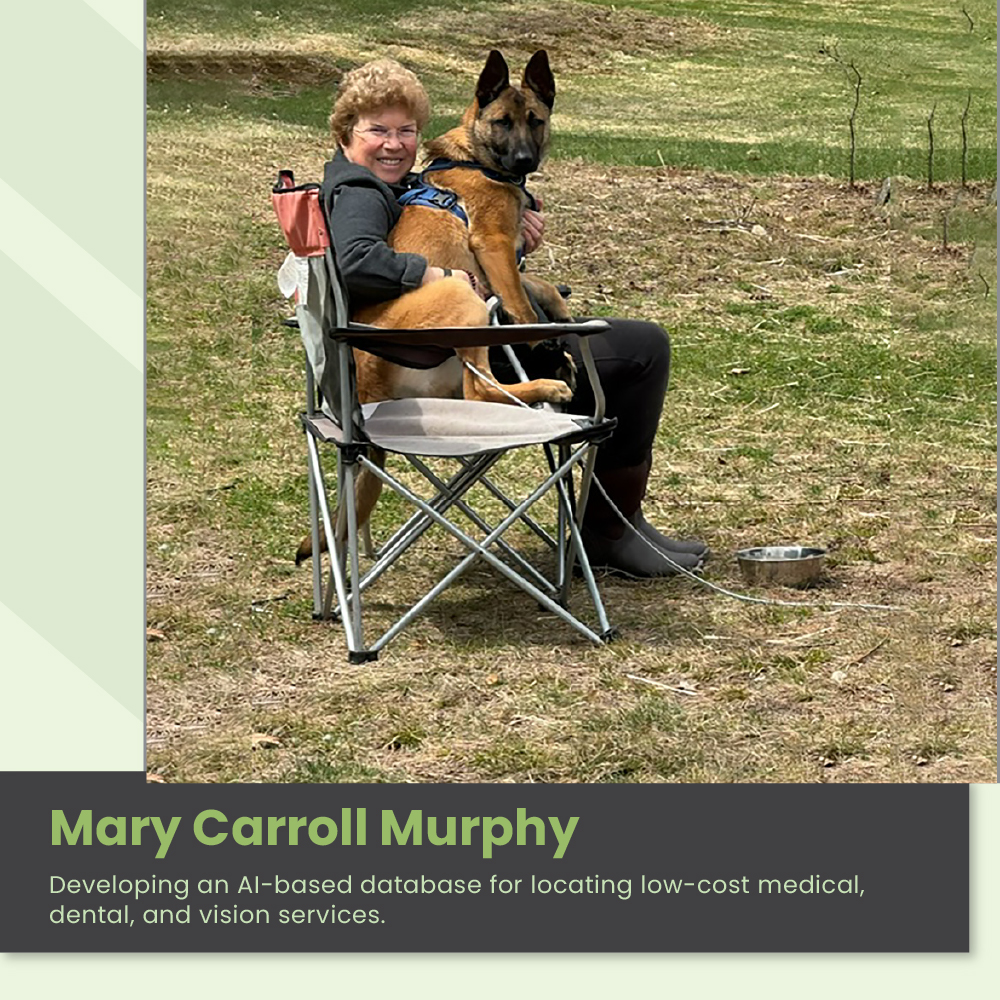
In recent years, the global agricultural landscape has seen a transformative shift towards organic farming. This method prioritizes the use of natural substances and farming techniques that respect ecological balance, and it shuns synthetic pesticides and fertilizers. As consumers become more health-conscious and environmentally aware, the demand for organic products continues to surge. This article explores the benefits, challenges, and potential of organic farming as a sustainable agricultural practice.
Organic Farming: A Sustainable Choice
Defining Organic Farming: Organic farming is a holistic production management system that promotes and enhances agro-ecosystem health, including biodiversity, biological cycles, and soil biological activity. It emphasizes management practices over off-farm inputs, taking into account that regional conditions require locally adapted systems. This method helps maintain ecological harmony and reduces pollution and waste, making it a crucial part of the solution to environmental challenges.
Benefits of Organic Farming:
Environmental Protection
Organic farms conserve water and soil, increase biodiversity, and reduce the chemical load in the environment. By avoiding chemicals, organic farming minimizes the risks of air, water, and soil pollution.
Enhanced Food Nutrition
Studies suggest that organic food might contain more nutrients, including antioxidants than conventionally grown crops. This could be linked to the absence of chemical fertilizers and pesticides, which encourage natural plant metabolism.
Improved Soil Health
Organic farming practices such as crop rotation, no-till agriculture, and composting improve soil structure and fertility. Healthy soils are better able to store carbon, thus playing a pivotal role in mitigating climate change.
Support for Local Economies
Small-scale farming can boost local economies by providing jobs and keeping local markets well-supplied. Additionally, it often involves selling directly to consumers, which can increase farmers’ margins and connect them closely with their customer base.
Challenges Facing Organic Farmers
Yield Differences
One of the biggest challenges of farming is the often lower yields compared to conventional farming methods. This can be attributed to the non-use of synthetic fertilizers and pesticides, which typically boost crop growth. Overcoming this yield gap is critical for the broader adoption of organic practices.
Higher Costs and Labor Intensity
Organic farming requires more manual labor for tasks such as weeding and pest control since chemical herbicides and pesticides are not used. This can lead to higher operational costs, making organic products more expensive for consumers.
Regulation and Certification
For a farm to sell its produce as organic, it must meet strict governmental standards and maintain certification, which involves rigorous inspections and can be costly. This regulatory burden can be particularly challenging for small-scale farmers.
Market Limitations
Although the market for organic products is growing, it still represents a small fraction of the total market for agricultural goods. Expanding this market is essential for the success of organic farming on a larger scale.
The Future of Organic Farming
Technological Innovations
New technologies, including the use of drones for precise monitoring of crop health and natural pest control methods, are making farming more viable and productive. Continued innovation will be crucial in addressing the challenges of scale and efficiency.
Policy Support
Governments worldwide are beginning to support farming through subsidies, grants, and research funding. Such policies can help level the playing field between organic and conventional farming, making organic methods more attractive and financially viable for farmers.
Consumer Education
As consumers learn more about the benefits of farming—not just for their health but also for the environment—they are likely to continue driving demand for organic products. Education campaigns and transparency about farming practices can help foster this growth.
Global Trends
With the global population projected to reach 9.7 billion by 2050, sustainable farming practices like farming will be crucial for feeding the world without depleting its resources. The trend towards farming is also aligned with broader environmental goals, including those related to climate change and biodiversity.
Organic farming represents a shift towards more sustainable agriculture that benefits both the planet and its inhabitants. By supporting organic practices, consumers, governments, and businesses can help ensure that this promising trend continues to grow, potentially transforming our global food system for the better.